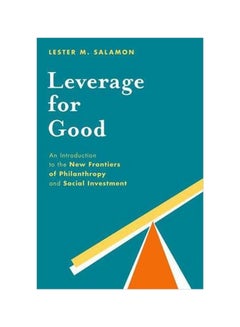| Editorial Review | We are challenged to identify, specify the possibilities, the constraints and indeed the contradictions that may arise when we are asked to put our Human Rights rhetoric to the test within economic frameworks, some of which may be unaccountable. In the human rights discourse old issues have been joined by new ones, challenging yet full of promise for scholarship and practice. Among the scholars is Professor Mark Goodale, who edited a recent work that carries the
title 'Human Rights at the Crossroads'. That work shows that the issues have not gone away. They remain, they extend and they become more complex. * Michael D. Higgins, President of Ireland (In a speech to the Inter-American Court of Human Rights, San Jose, Costa Rica, October 29, 2013) * |
| About the Author | Mark Goodale is Associate Professor of Conflict Analysis and Anthropology at George Mason University, and Series Editor of Stanford Studies in Human Rights. He is the author or editor of seven other books, including, most recently, Mirrors of Justice: Law and Power in the Post-Cold War Era (2010, with Kamari Maxine Clarke), Human Rights: An Anthropological Reader (2009), Surrendering to Utopia: An Anthropology of Human
Rights (2009), Dilemmas of Modernity: Bolivian Encounters with Law and Liberalism (2008), and The Practice of Human Rights: Tracking Law Between the Global and the Local (2007, with Sally Engle Merry). Professor Goodale is currently at work on two new books: the first is a study of constitutional revolution and radical social change based on
research in Bolivia since 2005; the second is a set of essays that explore the role of moral creativity within the practice of human rights. |
Free & Easy Returns
Best Deals

